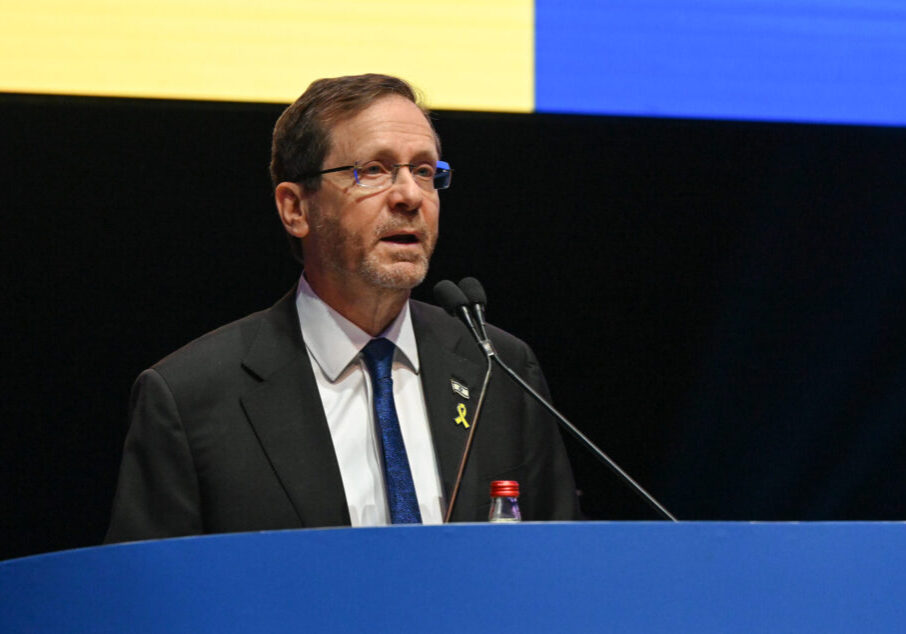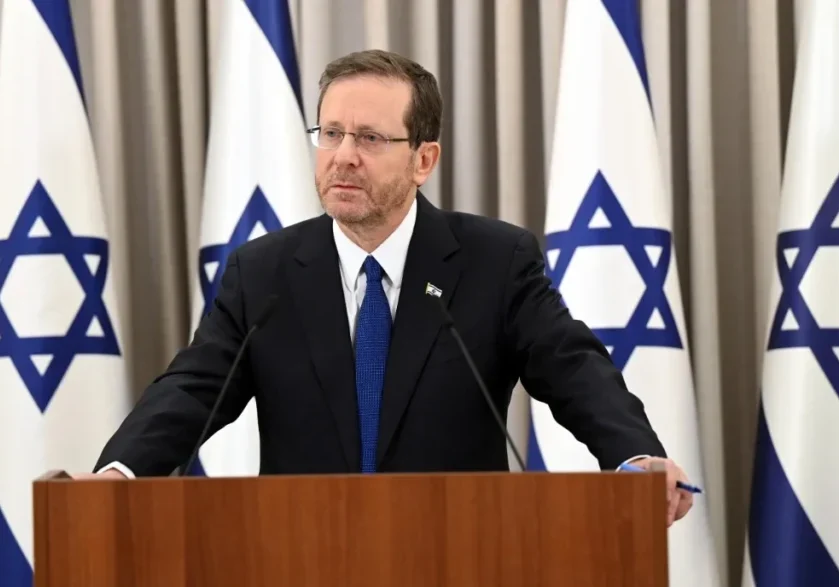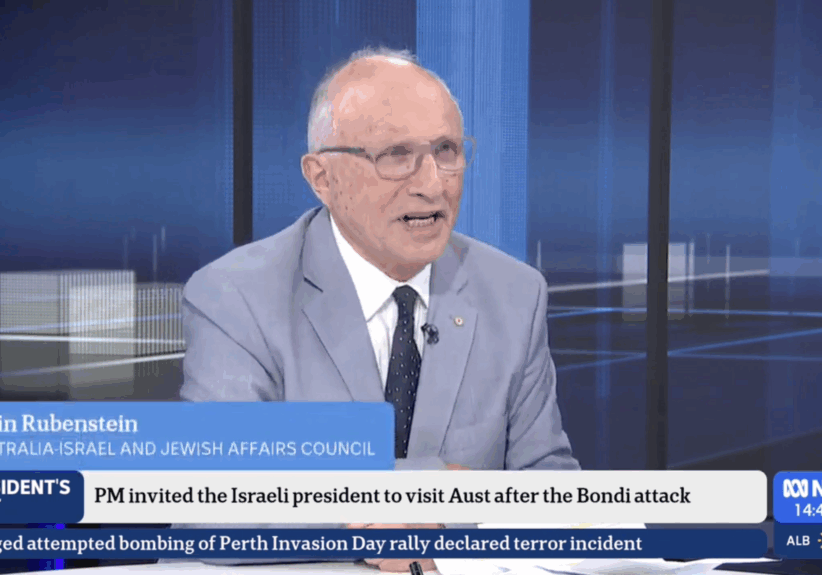Australia/Israel Review
The Last Word: Paradigm Shifts
Oct 2, 2020 | Jeremy Jones

The photograph dominated the wall behind the desk at which our host was sitting.
Three representatives from across the Jewish world had been invited to meet an influential minister in the government of an Arab State, one of a series of interactions with officials of countries which had no relations with Israel but wanted open channels with world Jewry.
The picture was of our host shaking hands with Yasser Arafat.
The minister followed our line of sight and said, “The only thing that man [Arafat] was ever any good at was having his picture taken with people more important than he was.”
This was not what we had expected him to say, and what followed was even more unexpected.
In 25 minutes, he gave an exposition of history, recent events and the contemporary geopolitical landscape – it was one of the most erudite presentations of Israel’s case one would ever be likely to hear.
He spoke of Ottoman and pre-Ottoman history, the legality of Israel’s existence and the immoral posturing of not just the Palestinian leadership but of international and global organisations, particularly those associated with the United Nations.
His attitude to the Palestinian leadership was that they were dishonest, corrupt, self-serving and the primary reason that no self-generated Palestinian political entity had come into being.
When we asked him why, given what he said, his country always voted against Israel in the United Nations, why his country’s media was so blatantly misleading its audience and similar questions, his answers also surprised us.
He said Israel was secure, and the only people who believed the anti-Israel propaganda were politically-irrelevant and ill-informed Westerners. Threats to the lives of any Arab figure who challenged the Palestinian leaders’ campaigns and the zeitgeist in the Organisation of the Islamic Conference also featured in his government’s thinking.
He inferred that the time would come when the Muslim-majority countries would have had enough of the Palestinian political leadership’s behaviour, and, at that time, Israelis, Palestinians and the Middle East in general would be beneficiaries.
Some years before this, I had been at an annual Liberation Festival at the Glebe Town Hall in Sydney, where genuine human rights groups and anti-US Cold War warriors gathered.
The PLO had a booth serving as a hub for those who wanted to cheer on terrorism as essentially an end in itself.
In the main hall they were almost rock stars, having gained notoriety and attention for their heroes’ terrorism, but in the corridors it was a different story. Quite a few of the representatives of the human rights groups found the antisemitism in some of the anti-Israel propaganda to be not just distasteful but undermining of anti-racism activism.
Others saw the PLO activities in UN agencies – resulting in most human rights abusers escaping criticism, let alone censure, as the PLO’s agenda didn’t extend to general principles (or any principles at all) – as weakening a body on which they depended.
I heard many idealists who were serious about building a better world express contempt for the self-centredness, political narcissism and blatant dishonesty of the PLO and other Palestinian organisations.
But they simultaneously raised their hands and sometimes their voices in support of organisations and strategies they knew were wrong and destructive, because that was the way of the world in the self-defined human rights community.
It was put to me that they meant no harm, and that a time would come when they would be free to act on their consciences and not be bullied into betraying what they knew to be true.
With the recent developments in Israel’s relations with some Arab countries, with similarly fascinating developments with the Muslim world, with challenges to the way the identikit “left” has betrayed the progressive side of politics, there is reason for optimism.
The process may be painfully slow or stunningly swift, but there is a good basis for believing that a new zeitgeist is arriving.
Tags: Israel, Middle East, Palestinians
RELATED ARTICLES

Herzog visit comes at a profoundly significant moment for the Jewish community: Arsen Ostrovsky on BBC radio





